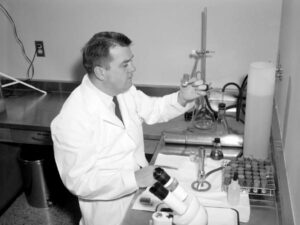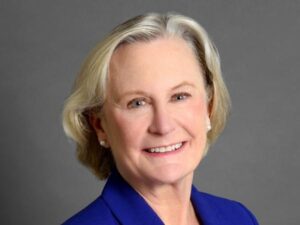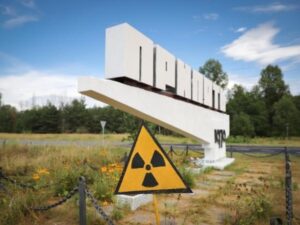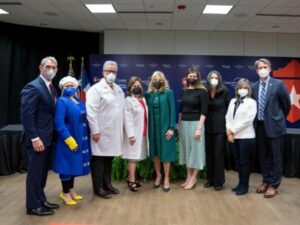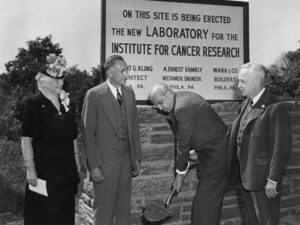A band of “Cancer Cowboys” once known as the ALGB—Acute Leukemia Group B—are, in large part, responsible for flipping the mortality rate of childhood leukemia from 90% to 10%, where it stands today.
Donald Pinkel, the founding medical director of St. Jude Children’s Research Hospital, died March 9. He was 95. An obituary by Tim Wendel, lecturer at Johns Hopkins University, who interviewed Pinkel for his book Cancer Crossings, appears here. An obituary by Mary Pinkel, Donald Pinkel’s daughter, appears here.
All scheduled cancer care across Ukraine has been stopped as more than 60 hospitals have been badly damaged in the course of Russia’s invasion, Ukrainian oncologists say.
The following list of resources is intended for clinicians, health professionals, patient advocates, and those aiding in the humanitarian effort.
The war in Ukraine is trapping cancer patients in their homes and forcing doctors to provide treatments in bomb shelters. Those patients who make it across the borders to nearby countries show up without medical records—or with records that need to be translated.
As a global cancer society, ASCO represents oncology professionals in Ukraine and its neighboring countries, including Poland, Romania, Moldova, Slovakia, and Hungary.
As we enter week three of the Russian invasion of Ukraine, events continue to spiral out of control.
On Feb. 23, two exciting cancer initiatives converged in San Antonio, Texas: the Biden Administration’s Cancer Moonshot, and the third Advancing the Science of Cancer in Latinos biennial conference.
This March, the Cancer History Project is commemorating the legacies of women in oncology during Women’s History Month.
In 1968, my country went to war. As Soviet tanks rolled toward Prague, newspapers described the invasion of Czechoslovakia as an act of “friendship.”



